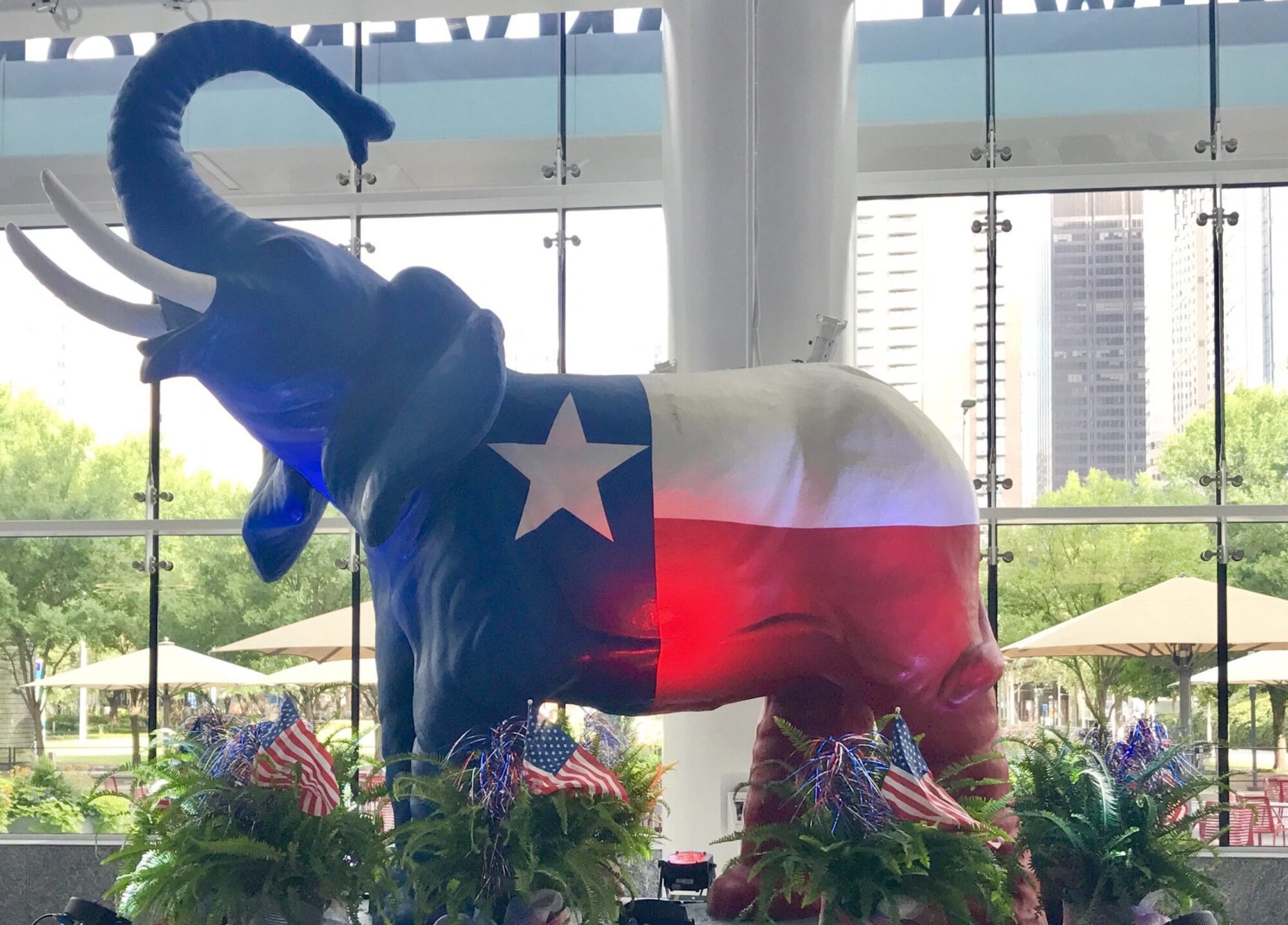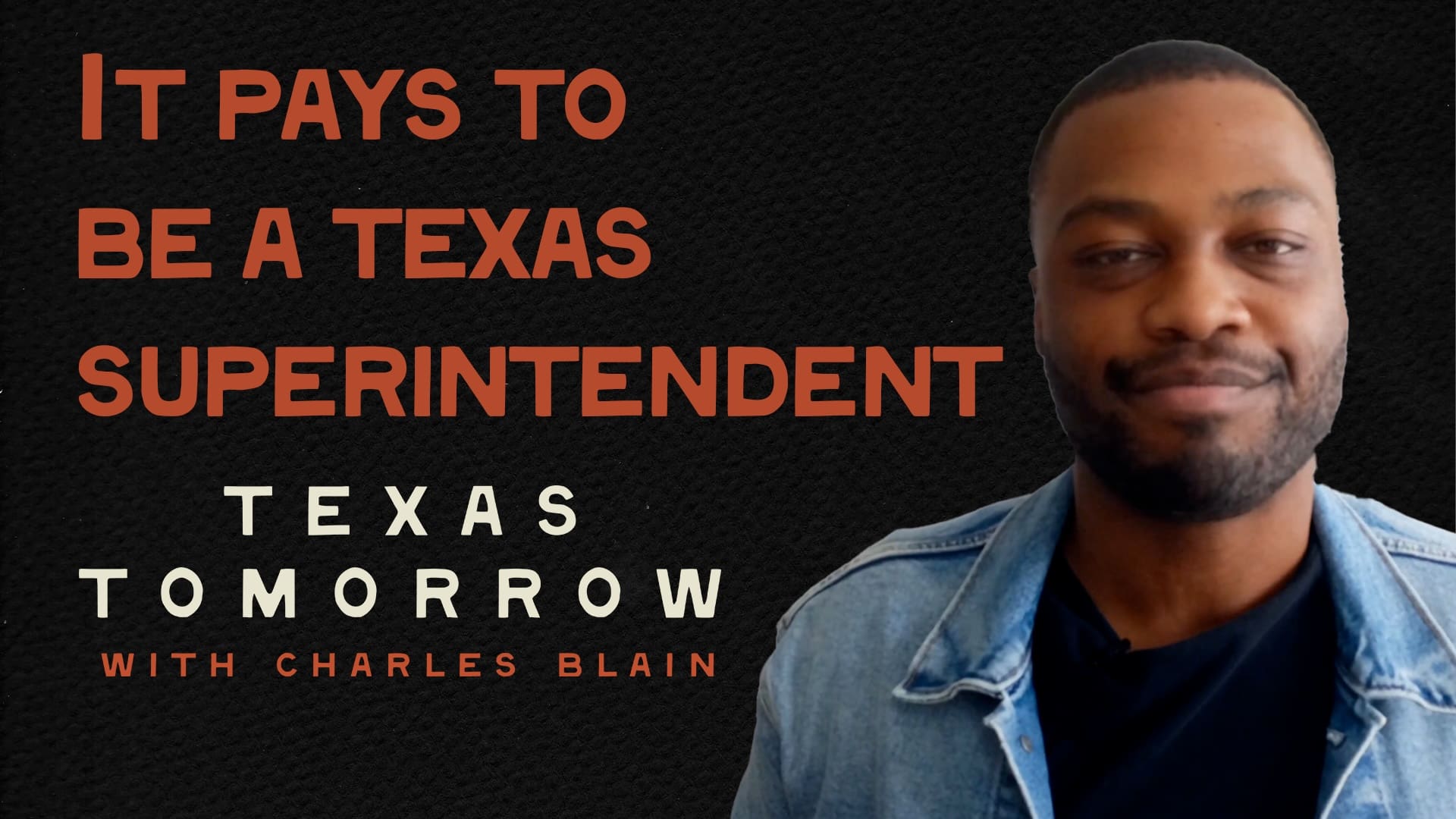This week, Uber sent a public letter to Houston Mayor Sylvester Turner and City Council saying that, unless the fingerprint requirements implemented in 2014 are removed, they may cease operations within the city. Doing so would be detrimental for those who’ve entered the industry for part-time employment. If Houston refuses to lighten its grip, it will become the largest city in the nation to regulate Uber out of business.
Houston officials argue removing the fingerprinting requirement puts public safety at risk. But if that is the case then why are Uber drivers, who complete Uber’s screening, able to receive a 30-day provisional license before being fingerprinted? In other words, the city finds Uber’s screening process sufficient enough to allow drivers to operate for 30 days. Why at 30 days is Uber’s process suddenly deemed insufficient, and fingerprinting becomes necessary?
Uber operates in 30 states and 200 U.S. cities, 16 of which are in Texas. Houston is the only operational market in the State of Texas, and the second market in the country other than New York City, that requires fingerprinting. Even Columbus, Ohio recognized the burden of the duplicative processes and their city council voted to repeal the ordinance requiring it.
“Uber requires a multi-state background check, sex offender registration check and driving check. It is our feeling that their process is sufficient and adequate to ensure the safety of our community,” is what San Marcos Police Chief Chase Stapp said when Uber began serving that area. Why is it that a process that works, without incident, in 200 U.S. cities is not sufficient for the City of Houston?
Ridesharing technology allows for greater transparency.
Standard taxis largely operate with limited accountability. You get an unknown driver, most riders don’t take note of their license plate number, and if you pay with cash there is no record of the fare.
Through their technological advancements ridesharing platforms have significantly increased the standards of operation for vehicles-for-hire. The applications provide a picture of your driver, the vehicle make and model, a license plate number, driver reviews, and a geotag of both the driver and passenger’s location. Ridesharing’s entrance into the market has forced yellow cabs to improve their own standards. If anyone is truly concerned about public safety, they should support increasing access to ridesharing. Innovations in safety and efficiency did not happen as a result of government red tape.
Cities with ridesharing operations are safer.
A report commissioned by Mothers Against Drunk Driving (MADD) found that in markets where Uber is operating the number of drunk driving cases, by people under the age of 30, dropped by about 60 per month. In Seattle, Uber’s entrance into the city was associated with a 10% decrease in DUI arrests. Travis County Sherriff Greg Hamilton said, “TNC companies have made safe rides home readily available to our citizens and are undoubtedly making our city safer.”
A Temple University study concluded that the increased availability of ridesharing, at an affordable cost, when compared to average taxi services can reduce drunk driving deaths by up to 6 percent in cities.
Unnecessary regulations burden drivers and patrons.
While Uber’s driver data is a well-kept industry secret, from the number of permit requests, it’s fair to assume there are thousands of drivers operating in Houston. The organization noted that 59 percent of those drivers work less than 10 hours a week. Since the implementation of Houston’s additional requirements over 20,000 who have completed Uber’s screening chose not proceed with the city’s duplicative screening. According to a survey by Uber two-thirds of respondents said that the city’s process is, “too complex, too time-consuming, and too expensive.” A majority of those respondents were from minority and low-income areas of Houston.
Allowing these regulations to continue will take away flexible income opportunities for thousands of Houstonians using the platform as a part-time job. One-size fits all regulatory schemes don’t work when you are implementing outdated regulations on a technology of the future.
Across the state, local officials are realizing the benefit of having Uber operate in their region and are working to create ridesharing friendly policies that benefit everyone. Austin Police Chief Art Acevedo, who is reportedly being considered to replace Houston’s retired police chief, said, “I really believe that Uber and Lyft are a huge plus for public safety.” Uber’s millions of customers across Texas agree.
Although Turner and the first-term Council Members inherited this problem from Parker’s regime, they now have the opportunity to fix it for all Houstonians by getting government out of the way of social and economic progress.




